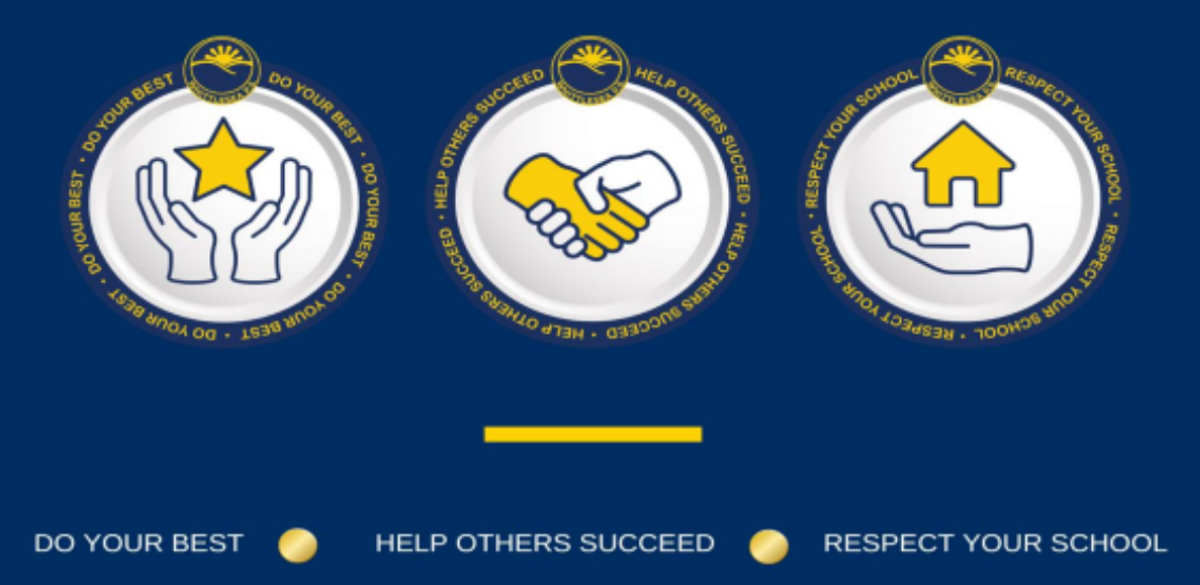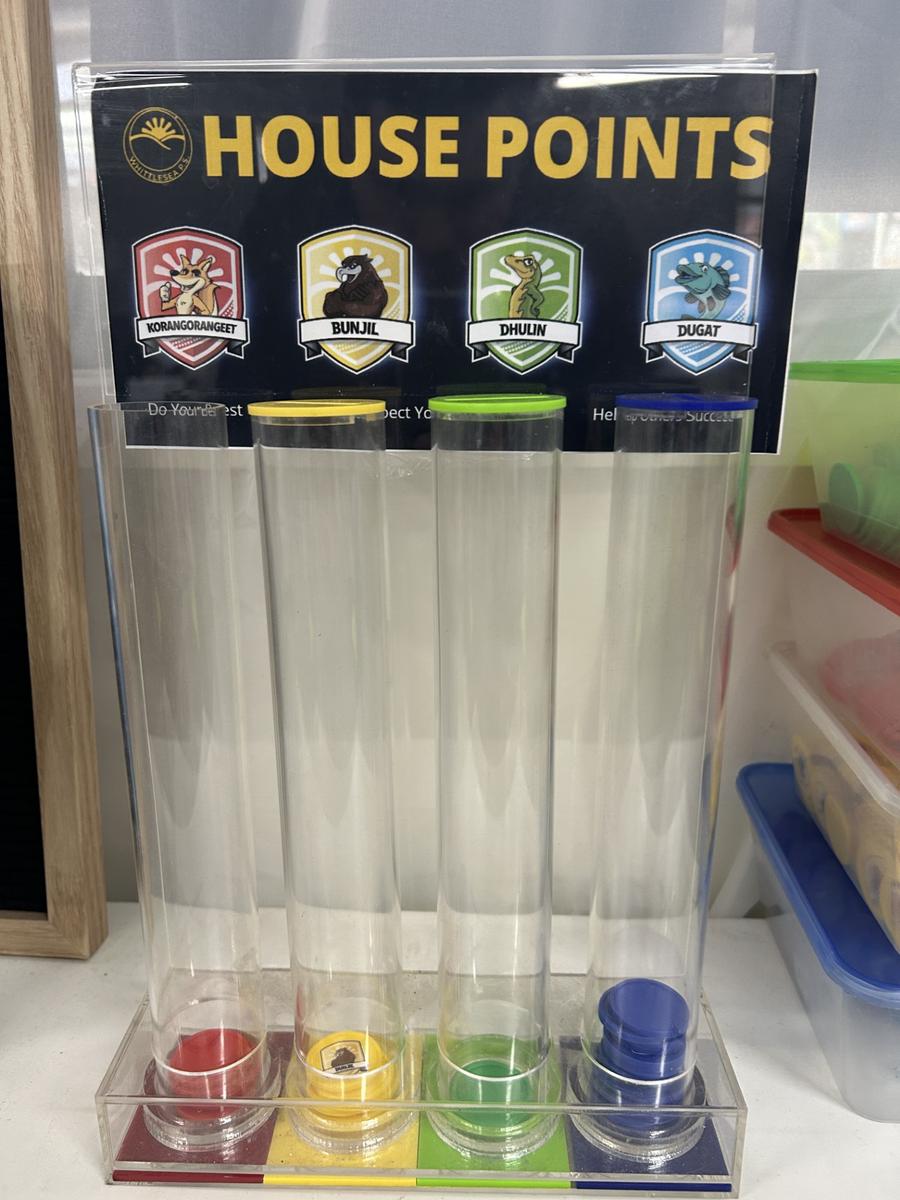Wellbeing
Fiona Dandie & Robert Pain

Wellbeing
Fiona Dandie & Robert Pain


House Token & Golden Ticket Update
As you are aware, our school's whole-school reward system, which is used by all staff, consists of House Tokens and Golden Tickets. It has been amazing to see all the staff giving out so many House Tokens and Golden Tickets throughout Term 2.
The current total of House Tokens earned by all WPS students this term currently sits at 6,019. That is a fantastic effort by all students, considering we are not yet at the end of the term! We will announce the winning team for House Tokens earned in Week 11, followed by the winning House prize.


So far, students across Term 2 have earned a total of 1,578 Golden Tickets. This is a phenomenal effort by all students. Continue earning Golden Tickets, as Whittlesea World is fast approaching in Week 11.


This week, we take a look at a common learning difficulty, Dyslexia.
Dyslexia is a common learning disorder that mainly affects reading and spelling. It’s lifelong, but skills can improve with help. It can also cause problems with writing and math.
Dyslexia is the most common specific learning disability. It’s not clear exactly how many people have it. Expert opinions vary widely, and estimates of the rate of dyslexia in kids range from 5 to 17.5 per cent.
Since people don’t outgrow dyslexia, it’s common in adults, too. However, “lifelong” doesn’t mean that people face the same difficulties throughout their lives.
Because it affects reading, some people think dyslexia is a problem with vision. It’s not. Dyslexia is a condition that affects language processing. Reading starts with being able to recognise and work with the sounds of spoken language. This skill is called phonological awareness.
Dyslexia doesn’t look the same in all people. There are many aspects to reading, and people can struggle with some skills more than others. The difficulties can vary in degree as well.
There is no cure for dyslexia, but there is help available. Specialised reading instruction and supports, such as accommodations, can improve skills and reduce challenges at school and in the workplace.
Signs of dyslexia vary from person to person and can change over time.They’re often different in kids than in adults. If you have Dyslexia, your symptoms as an adult may not look like the symptoms you had as a child. But in general, people with dyslexia have trouble with:
A key sign of dyslexia in children is difficulty with sounding out words and understanding how to blend sounds. However, dyslexia symptoms can appear as early as preschool, before children begin learning to read. If your child has dyslexia, you may notice symptoms such as: